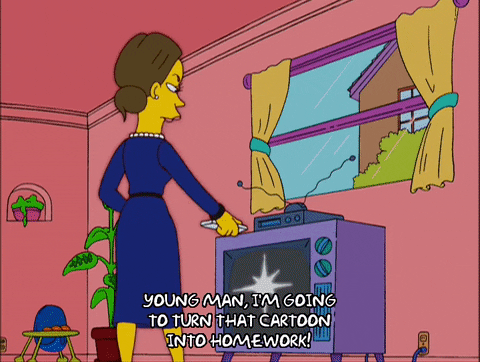
Dr. Corinne Masur (Be sure to leave a comment below if you have something to say about screen time!)
In our parenting group on Friday one mother said, “at our house it’s always a battle about electronics”.
I think she speaks for 98% of all parents in the US.
Once kids get on Youtube or once they are playing a game, they don’t want to stop. And in fact, it’s really hard to stop.
So there’s either a battle – or there are frustrated parents shying away from a battle.
Parents are genuinely afraid to say no. Parents want to avoid a meltdown.
And this is doubly true in public. In our group, parents admitted to being afraid that if they say no when they are outside of the house, there will be a scene, a tantrum, yelling and screaming – and everyone will see it.
And then they will feel ashamed.
The parents talked all about this. They admitted that sometimes they don’t set limits because they are afraid the ensuing battle will take away everyone else’s good time.
What if they are at a restaurant? Out with friends? Or on a trip with other families?
No one wants to be the parent who caused the meltdown that makes everyone else uncomfortable.
One mom said “I don’t think it’s healthy but that’s the way it is”.
Another parent said, “but if you let things go, it’s hard to make a change.”
This IS hard.
If you don’t set limits early and often, kids are used to getting 10 more minutes…or an extra half hour. They persist at asking for more because they know sometimes they get it.
Parents are confused about what to do. Set a limit? Don’t set a limit? Give in to your child’s desire to stay on screen and give yourself another half an hour to look at your own phone? Or do the laundry?
This is a conflict. Parents want and need more time for themselves. At the same time they want their kids to listen when they say, “It’s time to get off your screen”.
Is it better to make a few rules? Ones that are just for your family – which don’t have to be like anyone else’s rules?
Or is it better to keep the peace?
Giving in sometimes and having established rules are not necessarily compatible. As we all learned in Intro to Psychology, the most reinforcing thing in the world is intermittent reinforcement. It’s better than all positive reinforcement and it’s better than all negative reinforcement – that is, if you want that behavior to persist, whatever that behavior is, rewarding it SOME of the time is the thing that will make it persist. In other words, if you give in sometimes, your child is even more likely to ask for more time on screen than if you say yes every time. Hard to believe – but true.
So what is a parent to do? You have a rule: 2 hours of screen time on Saturdays. But this particular Saturday you are sick and need a nap or you’ve been busy and you need time to catch up on work.
It’s easier to give some extra screen time than to insist that your child find other things to do; it’s easier to give some extra screen time than to set up a playdate; it’s easier to give extra screen time than doing almost anything else!
We discussed all this in the group and in the end, the consensus seemed to be that it was important – to these particular parents – to figure out what worked for each of their own families. And then to try to be consistent. Some of them wanted to have no screens at meals at all. One mother wanted her kids to have no phones at all until age 13. But she was willing to let her 9 year old have an iwatch that couldn’t make calls. Two parents said phones at meals were OK as long as the kids ate their food before looking at the phone.
They all said they struggle with these questions – but they all also want more of a feeling of control in their homes.
Of course, you can’t entirely control your children. They are going to do some things and spend their time in some ways that aren’t your preference. But for their sake, and for your own, do you want to decide whether you WANT phones at meals or how many hours a day YOU want your children on devices?
You might find it worthwhile.
And you might want to stick by what you decide.
It’s hard to set limits, it’s hard to make rules and stick to them, it’s hard to say no and suffer the resulting melt downs – especially in public. But it is also important to think about whether it’s worth it. For you. And especially, in the long term, for your children.
All children have meltdowns sometimes. If you can tolerate your child’s meltdowns, and if you can allow them to happen because you’ve said no – you might actually find out that there will be fewer of them – and your child might – just might – get off her screen when it’s time. It’s not a guarantee. But there’s a chance.

